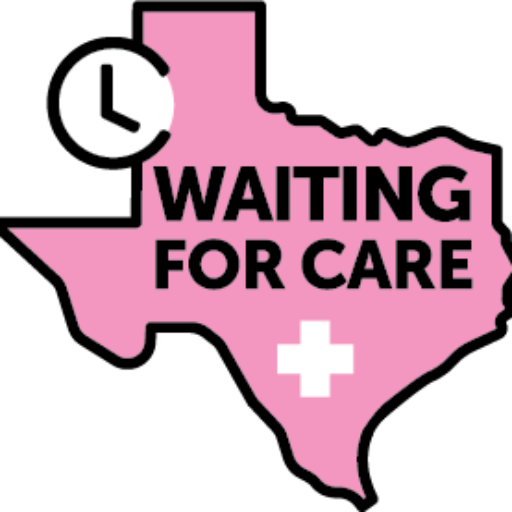Patient Story
Kayla Holmes
Dedication of Nurse Practitioners Helps New Mom Overcome Postpartum Depression
Kayla Holmes didn’t know what it was, but she knew something was going horribly wrong. The special education teacher and her husband had just welcomed their first child, a daughter, and she was expecting all the joy and wonder such an event should bring. But instead, nothing was feeling right.
“I crashed and burned,” Kayla said of the time after her daughter’s birth. “I would literally dread when she would wake up. I just wanted her to nap all the time.
“It was scary to me. I said I need help. I can’t do this on my own.”
She spoke with her OB-GYN, who prescribed her some medication for postpartum depression, but the physical side effects were significant and, worse, didn’t help.
Nothing changed until she was referred to a pediatric nurse practitioner on an entirely unrelated issue involving her struggles with breastfeeding. The nurse practitioner, Jennifer Uzzell, noticed Kayla was struggling with much more than breastfeeding and took an immediate interest.
“She gave me her personal cell phone number, and she was like, text me anytime, literally any time you need anything,” Kayla said. “She actually was leaving for a vacation and she said, here’s my WhatsApp.”
Just as important, she connected Kayla with psychiatric nurse practitioner Lisa Meyers.
And that’s when things really began to change.
“Lisa was the first person that was able to explain to me what was happening in my brain, and that there was nothing wrong with me,” Kayla said. “I asked what’s the point of being on medicine if I’m up at night, my mind’s racing, and I’m having these really wild physical symptoms.”
She and Lisa went through her history and came up with a treatment plan that included modifying her medications.
Soon, she was feeling much better.
What made the difference, Kayla says, is how much her nurse practitioners cared.
“I probably would have tried to white-knuckle it with talk therapy (and no medication),” Kayla said. “I would not be the mom that I am today without coming into contact with these nurse practitioners.
“I do not think I would enjoy motherhood like I do now.”
Lisa said even if not everyone suffers from postpartum depression, access to care is crucial to women after they give birth.
“All women that have had a baby understand what it feels like those first few weeks, when we’re striving to be perfect,” she said. “Walk-in clinics are available, but that’s a situation where you go and it functions on a first-come, first served basis. And really, that does not work well for a new postpartum mom with a new baby and maybe other kids at home.”
One in five adults in Texas experience a mental health condition each year, and about a third of those never get treatment. The severe shortage of mental health care providers, which impacts 98% of Texas counties, is a major contributing factor.
Without access to the basic healthcare Kayla needed, she would have suffered unnecessarily and faced an uncertain future. And yet, Texas law continues to make it among the most difficult states for nurse practitioners to practice. “I received the highest quality of care from my nurse practitioners,” Lisa said. “Why wouldn’t we give women access to these high-quality caregivers? There’s absolutely no reason for it.”
“Because quality care is quality care.”

